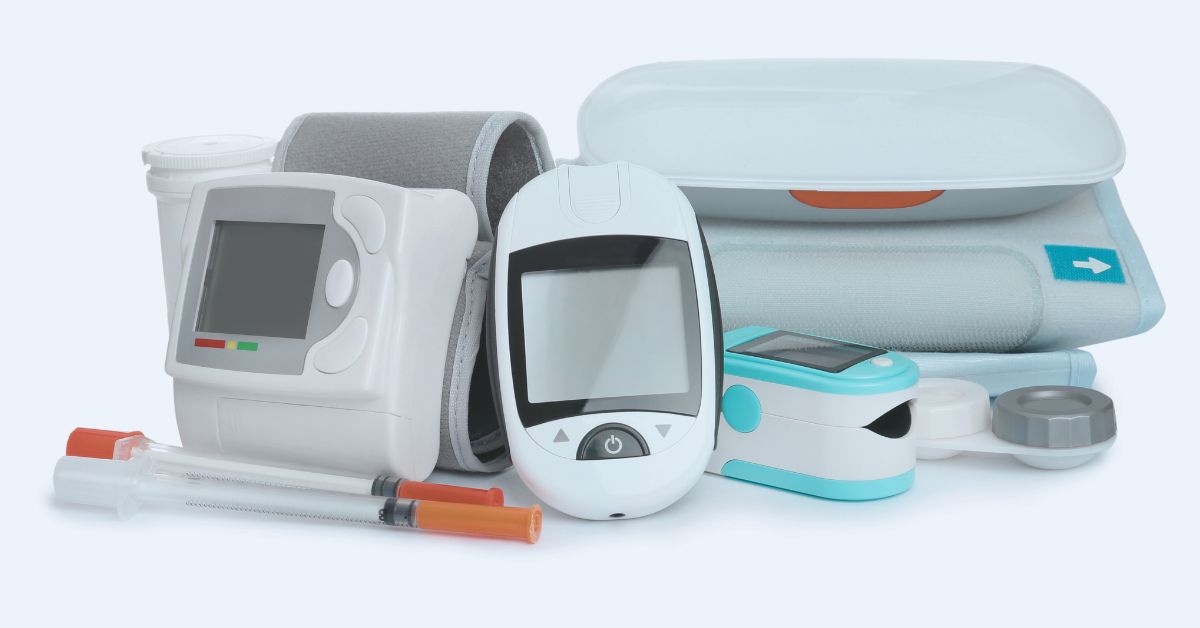When Raymond Lim was diagnosed with prostate cancer in October 2023, his immediate reaction was shock. He didn’t have any symptoms and only got diagnosed as a result of losing his wife to pancreatic cancer.
The test results revealed slightly elevated prostate-specific antigen (PSA) levels and he was referred to a public health institution for close monitoring. After repeated tests, his urologist wasn’t comfortable with the trend and Raymond eventually did a biopsy. This was when he was diagnosed with stage 3 prostate cancer, with 20% of his prostate gland infected.
Clinical Assistant Professor Raj Vikesh Tiwari, Consultant, Department of Urology, Sengkang General Hospital (SKH), reveals that, despite its high incidence, prostate cancer ranks fifth in mortality, accounting for 7% of all male deaths.
Because it’s highly treatable when diagnosed at an early stage, it’s crucial for men to be aware of the symptoms of prostate cancer. Dr Chan notes that it often presents without symptoms in its early stages, with many men discovering the disease during routine medical check-ups or blood tests.
However, he lists possible early symptoms:
Once you have spoken to your doctor about your symptoms, there are several options he might take to determine if it’s prostate cancer.
Dr Tiwari says suspicion of prostate cancer arises from an elevated prostate-specific cancer antigen (PSA) blood test or an abnormal digital rectal examination. This is followed by an MRI scan of the prostate to detect tumours in the prostate and a biopsy of the prostate to confirm the diagnosis.
Dr Chan says that the life expectancy of someone with prostate cancer depends on the stage at which the cancer is diagnosed. The Singapore Cancer Registry reported that the five-year survival rate for prostate cancer between 2018 and 2022 was close to 90%.
Dr Tiwari adds that at stage 4, when the cancer has metastasised or spread to other parts of the body, it becomes incurable and the life expectancy may be reduced to five to seven years with treatment. And, in the most advanced stage of prostate cancer, life expectancy reduces to around 13 months due to the aggressive nature of the disease and its resistance to conventional treatments.
There are certain factors that increase a man’s risk of developing prostate cancer. Dr Chan lists them:
A multidisciplinary team of specialists assesses each patient to determine the most suitable treatment approach, which may involve a combination of therapies.
For early-stage prostate cancer, treatment options include active surveillance, surgery, radiotherapy and hormonal therapy. In advanced stages, where the cancer has spread to other parts of the body, more intensive treatments are required.
Dr Tiwari reveals that recent advancements in treatments for castrate-resistant prostate cancer include genetic-related treatments and prostate cancer membrane antigen (PSMA) PET scan treatments, which have shown promising results.
Poh Heng, 69, was diagnosed with stage 4 prostate cancer in mid-2023. He experienced difficulty urinating and blood-stained urine, prompting a visit to the polyclinic. There, he underwent a urine test and was referred to SKH for further evaluation, including urine and blood tests, a bone scan and MRI.
The tests revealed his cancer had spread to his bones and spine and he is currently receiving hormonal therapy. Despite his diagnosis, he makes time to cycle, swim, jog or hike three to four times a week.
Raymond believes that his strong faith and positive outlook have helped him deal with his cancer diagnosis and treatment. While it is important to get the necessary medical interventions, the appropriate nutrition, regular exercise and good sleep, the mindset is crucial too.
Raymond is currently clear of cancer but has to go for frequent check-ups for five years. He is more careful with his food choices and exercises regularly.
He says it’s important to “recognise that you have a new lease of life, so make use of it”. He encourages men to get tested for PSA as it is a simple blood test.
Poh Heng advises men over 55 years old to seek medical attention for urinary issues and frequent nighttime urination.
He also emphasises the importance of maintaining a positive mindset: “If diagnosed with cancer, don’t see yourself as just a patient; instead, focus on living life fully and cherish each extra day as a win”.










